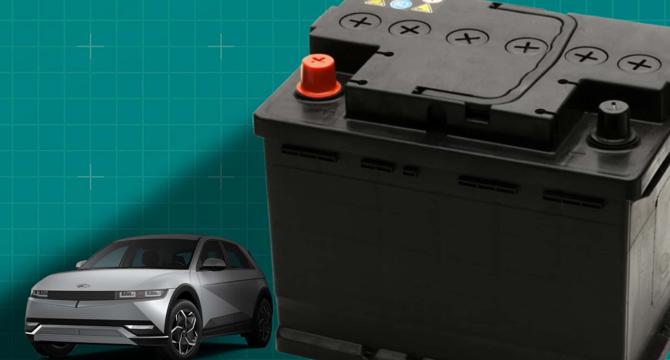Insideevs
1M
226

Image Credit: Insideevs
You're Worrying About The Wrong EV Batteries
- The concern about electric vehicle (EV) battery reliability is misplaced as modern EV traction batteries are showing low failure rates.
- Contrary to common belief, EVs rely on 12-volt batteries for essential functions like powering electronics and starting the vehicle.
- There are reports of 12-volt battery issues in EVs like Hyundai Ioniq 5, Kia EV6, Rivian R1S, and R1T, leading to recalls and redesigns.
- EVs charge and use their 12-volt batteries through a DC-to-DC converter, with different management strategies in place.
- Rivian faced challenges with its 12-volt battery system in the original R1S and R1T models, causing premature failures and other issues.
- Issues with 12-volt batteries extend beyond Rivian, with other manufacturers like Hyundai, Kia, Genesis, VW, Chevy, and Toyota facing similar challenges.
- Despite initial problems, newer EV models have shown improvements in managing 12-volt batteries, with automakers adapting and learning from past issues.
- As vehicles become more complex with additional power demands, the reliance on 12-volt batteries highlights a broader trend in the automotive industry.
- Automakers are moving towards dual-battery systems and optimizing low-voltage batteries to address the evolving power needs in modern vehicles, including EVs.
- The issues with 12-volt batteries in EVs are part of the learning curve of transitioning to new technology and features in the automotive sector.
Read Full Article
13 Likes
For uninterrupted reading, download the app